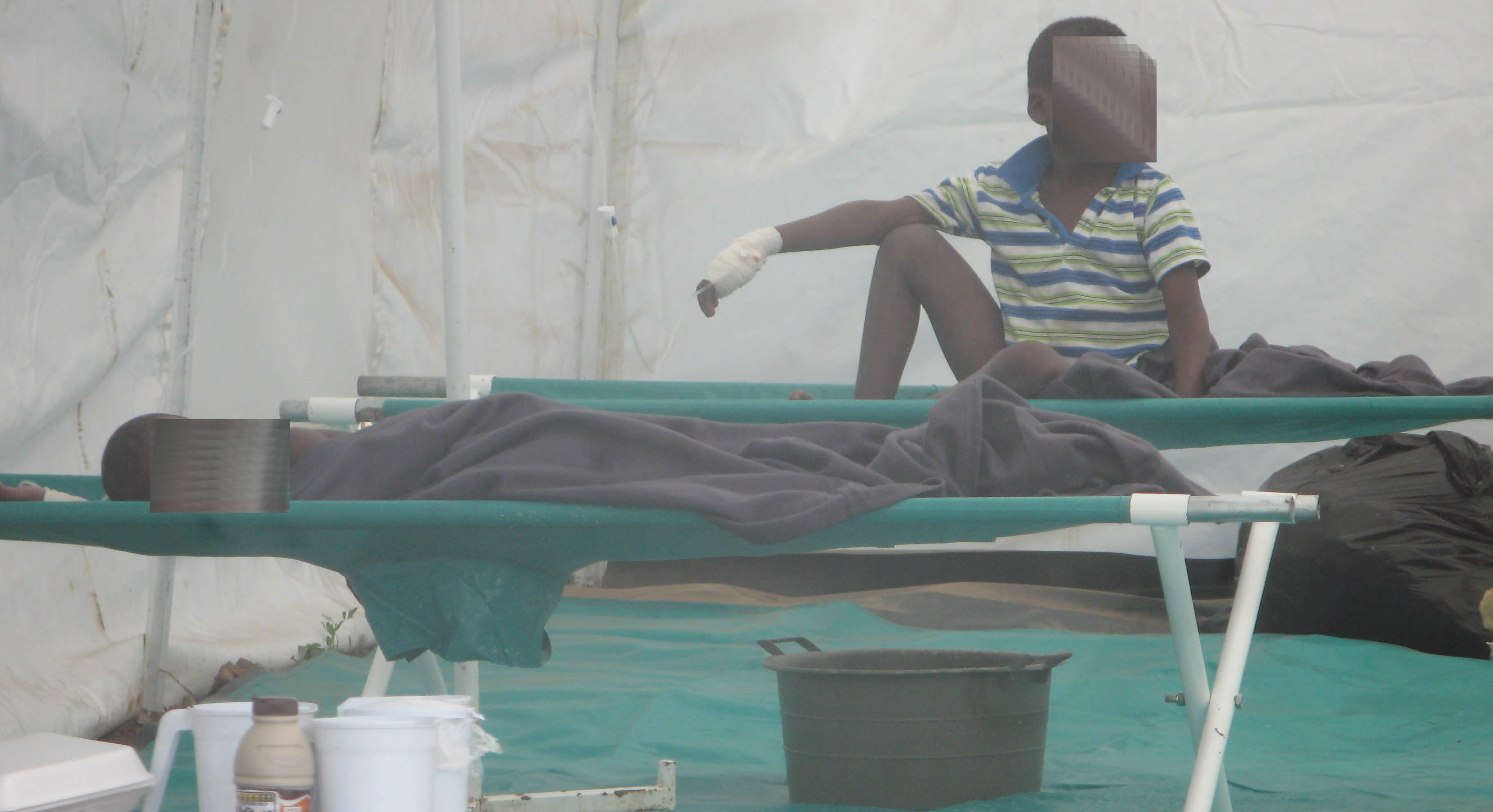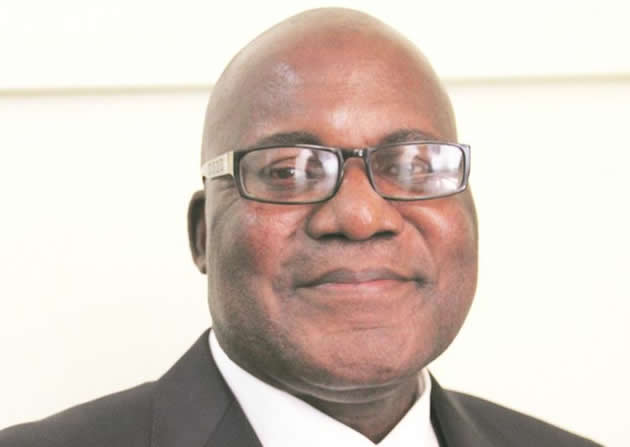How are our stars doing abroad?

Fred Zindi Music
Thomas Mapfumo recently launched the album “Danger Zone” in Zimbabwe. He did this from exile and I am sure the launch would have made more impact if Mukanya himself was present in Zimbabwe.
The long absence from one’s native land often has a negative effect on home sales of records.
I am more curious now to find out what is happening to some of our music legends who have also gone into exile. Musicians such as Josh Meck, Louis Mhlanga, Fungai Malianga, Michael Lannas and David Scobie come to mind.
Josh Meck
Accomplished left-handed bass guitarist and jazz artiste Josh Meck (who reminds me of Sir Paul McCartney of the Beatles fame) relocated to South Africa in 2013.
He has been back home a couple of times since then and has given performances at the Book Café in Harare including last Thursday’s performance where he thrilled jazz fans, among them Dr David Parirenyatwa and Dr Herbert Murerwa who came with their daughters to witness the show.
Meck, who has played for Chiwoniso Maraire, Africa Revenge, Victor Kunonga, Tanga wekwaSando and German jazz star Max Wild, says the South African music industry has galvanised his career.
In his opening speech at the Book Café, he said that he had gone into exile in order to find himself. He said he was tired of playing to the tune of record companies who were after commercial populist music and that he wanted to be himself for a change.
After close to 15 years on the Zimbabwe jazz scene, the talented bassist has been amazed by the immediate positive impact the move across the Limpopo has generated for him.
The “Wanetsa” hitmaker, whose performance at the Book Café was backed by Silent Nhendere on guitar, Nicholas on keyboards and Prince on drums treated the audience with several own compositions.
The song that really did it for the night was one he called “Josh’s Groove”. Whether Josh will make it big in South Africa, is now a question of wait and see.
Louis Mhlanga
He was born in 1956 and is a South African-based Zimbabwean, award-winning guitarist and producer. Mhlanga taught himself to play the guitar at a young age and is considered one of the best Southern African guitarists.
Mhlanga’s career began in the 1970s. He became renowned for his guitar skills, and worked with Zimbabwean acts such as Fred Zindi’s Shaka, Michael Lannas’s Talking Drum, Baked Beans and Oliver Mtukudzi. Louis eventually headed to South Africa to pursue different musical opportunities, leading to collaborations with renowned South African artistes such as Miriam Makeba, Hugh Masekela, Ray Phiri, Sipho Mabuse and Busi Mhlongo. He has churned out several albums as a solo artiste and also in collaboration with some of the artistes mentioned above.
These albums include “Live At The Bassline” with Vusi Mahlasela, “Shamwari”, “Music Ye Africa” and “Mukai”. They have done reasonably well but whether or not they will propel Louis to greater heights remains another question of wait and see.
Fungai Malianga
After a spell of 12 years studying and playing music in the UK, Fungai returned to Zimbabwe in 1982, armed with a Masters in Science degree in mathematics and accompanied by a number of musicians from England and Jamaica including one Joy Welsh who had just left the famous Goombay Dance Band. They called themselves the Zim Funk Band.
During his stay in London, he took up a teaching posts in North London before giving it up for music.
When he met another Zimbabwean, Fred Zindi, who was also studying in England, they played the club circuit and became popular at joints such as Ronnie Scotts, the 100 Club and Music Machine in London.
With Zindi and Davies Mhambi, Malianga formed the Stars of Liberty before teaming up with some Nigerians and West Indian musicians under the name Abbraka. After this he came to Zimbabwe.
Malianga, after a long musical stint in Zimbabwe and after conducting several projects has since returned to the UK. Fungai is an experienced musician whose music carries real feelings as evidenced by his 1991 album titled “10 Years On – Children Survive”, which dealt with issues affecting street kids and baby dumping,
The album, whose proceeds went to the Zimbabwe Child Survival and Development Foundation, carried songs such as “Frontline Child”, “Street Kids”, “Baby Dumping”, “Voodoo and Fly”. Malianga with his partner, Fred Zindi were at the forefront of the Jethro Shasha Drum Scholarship Fund, which later became the Heroes of African Music Fund that sponsored over 60 music students who trained at the Zimbabwe College of Music.
The first batch of the scholarship’s 33 recipients graduated with three-year music diplomas in 2001.
In 2002, he spearheaded the National Blood Transfusion Service campaign that was meant to encourage people to donate blood through a festival dubbed the “Jazz Aid-Mazvita to the Youth” that featured Oliver Mtukudzi and Louis Mhlanga.
In 1994, Fungai recorded “Jesus, You Saved My Life” a song in which he praises Jesus for helping him out of a sinful life.
On the same album are tracks such as “Musauraye Vana Venyu”’, “Apo Jeso” and “Crucified”. Most of the tracks on this album are evidence of Fungai’s Christian background.
In 1980, he joined the Zimfunk Band with which he toured Zimbabwe before he chose to stay home.
Malianga seems to have slowed down musically. He is now back in the UK where he is said to be teaching while playing the club circuit.
Michael Lannas
Lannas, who formed the band Talking Drum in 1987, is a qualified pharmacist, guitarist and singer/songwriter. Together with bass player Brian Paul, Brian Jerome Williams and Wellington Mandizha on vocals, Temba Gumbo on lead guitar, Stuart Hutchinson on keyboards and the late Sebastian Mbata, who also worked for a period with Dr Thomas Mapfumo, on drums, the band became a formidable force on the Zimbabwe music scene in the late 1980s.
Their first release, “Iyi Ngoma”, hit the airwaves in 1987 and was well received nationwide. It immediately put the band on the Zimbabwe map as many music enthusiasts fell in love with this hit single.
As if not satisfied with the results of their first hit single, Michael Lannas went on to write more songs in the same year and came up with a hit album entitled, “The Song, The Dancer” which again received popular support throughout the country. Immediately after its release, the band set out on a tour of the country with Lannas leading his troops on vocals even though there were two other vocalists in the band. However, after a brief period together most of the musicians decided to leave the band.
Wellington Mandizha said to me after he left the band: “I found working with Talking Drum rather frustrating. Michael Lannas was in charge. He owned the instruments we used and we would only work when he decided to. I wanted to perform at least once a week. Michael would tell you that he was going out fishing and cannot afford to sacrifice his fishing for a band performance. In the end I decided to quit and started looking for greener pastures.”
Talking Drum continued with Sebastian and Michael Lannas as the original members after the rest of the band members had left. They then recruited session musicians, Brian Rusike, the composer of the classic song, “Ruva Rangu” which has seen many renditions from a variety of singers, on keyboards and vocals, Kelly Rusike of the Rusike Brothers and later Jazz Invitation on bass, Louis Mhlanga now based in South Africa on lead guitar, Henry Peters who replaced Kelly on bass and Rick van Heerden on the saxophone. Henry Peters now lives in Botswana while Brian Williams is in the UK. These musicians kept the band going for approximately three years and in the process recorded three more albums which included hits such as “Come to Me (Hapana Mazwi)” and “The River”.
After 1989, Michael Lannas could not be bothered with Talking Drum anymore and the band died a natural death. In 2006 he also got fed up of running his pharmacy at Montagu Shopping Centre in Harare and he also closed it down. Michael is said to be living comfortably in the Isle of Man, UK, at the moment.
David Scobie
The young man with a big voice, also relocated to the “greener” pastures of the United Kingdom.
David Scobie was born in Dundee, Scotland, in 1964. He was raised on traditional Scottish music which influenced his musical interest. In 1973 he emigrated with his parents to Rhodesia and, by 1975, was appearing regularly at the Beverley Rocks Motel Folk Club in Salisbury. During this time he was further influenced by Zimbabwean folk singer, Iris Jones, as well as Neil Diamond.
As a result he started to write his own songs and approached Martin Norris at Shed Studios in Salisbury who facilitated a recording deal for him. Martin penned David’s debut single “Gypsy Girl” and it went straight to No. 1 in Zimbabwe and No. 4 in South Africa.
In Zimbabwe, David Scobie attended Nettleton Primary School in Braeside between 1973 and 1977. After that he attended Cranborne Boys High School from 1978 until 1979 before proceeding to Prince Edward Boys High School in 1980. After school, David went into music full time.
He started to work at Shed Studios where he was instrumental in making commercial jingles for various companies.
It was during this period that he released his first album, “Cleaning Up” which was a follow-up to “Gypsy Girl”.
The second album “Reborn”was released in South Africa. The third and fourth albums, “Photograph” and “Special Edition” were released in Zimbabwe.
They didn’t have the same impact as “Cleaning Up”.
David Scobie has joined the bandwagon of musicians who have left Zimbabwe for either social, economic or political reasons.
Whether David Scobie, now aged 51, will make it musically in Britain where competition is high, is again a question of wait and see.
Feedback: f_zindi @hotmail.com







Comments